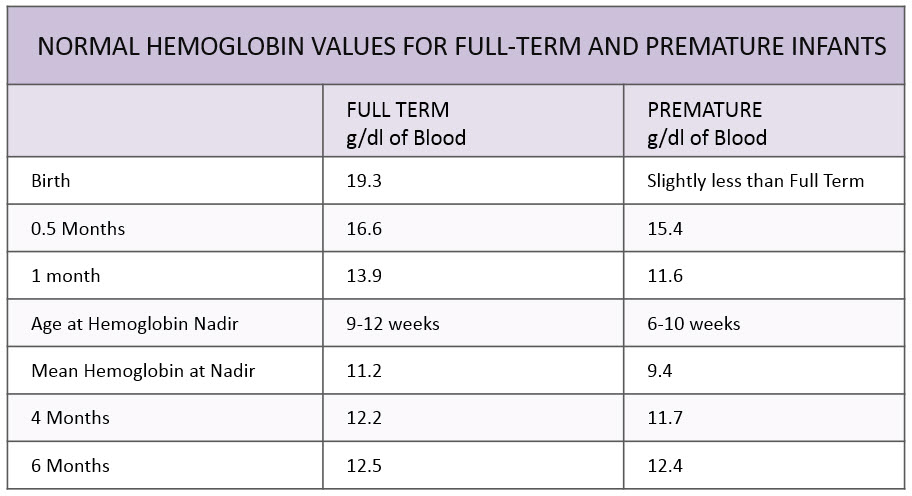
Iron is a trace element that is required for numerous cellular metabolic functions. This article discusses the possible use of intravenous iron supplementation in the management of patients with severe iron deficiency anemia and those who have failed oral iron supplementation. Newer and safer intravenous iron preparations are now available and are likely currently underutilized.

Intravenous iron supplementation fell out of favor secondary to the presence of infrequent but serious side effects. Historically, these patients have required numerous and frequent blood transfusions and suffer end-organ damage resultant from their refractory anemia. This population of patients proves to be the most challenging to manage.

intestinal angiodysplasia) may develop iron deficiency anemia refractory to oral iron supplementation. Patients in whom the gastrointestinal blood loss exceeds the intestinal ability to absorb iron (e.g. Oral supplementation is cheap, safe, and effective at correcting iron deficiency anemia however, it is not tolerated by some patients and in a subset of patients it is insufficient. The current first line of therapy for patients with iron deficiency anemia is oral iron supplementation. The goal of this review article is to assist practitioners in understanding the physiology of iron metabolism and to aid in accurately diagnosing iron deficiency anemia. It accounts for anemia in 5% of American women and 2% of American men. Iron deficiency is the single most prevalent nutritional deficiency worldwide.


 0 kommentar(er)
0 kommentar(er)
